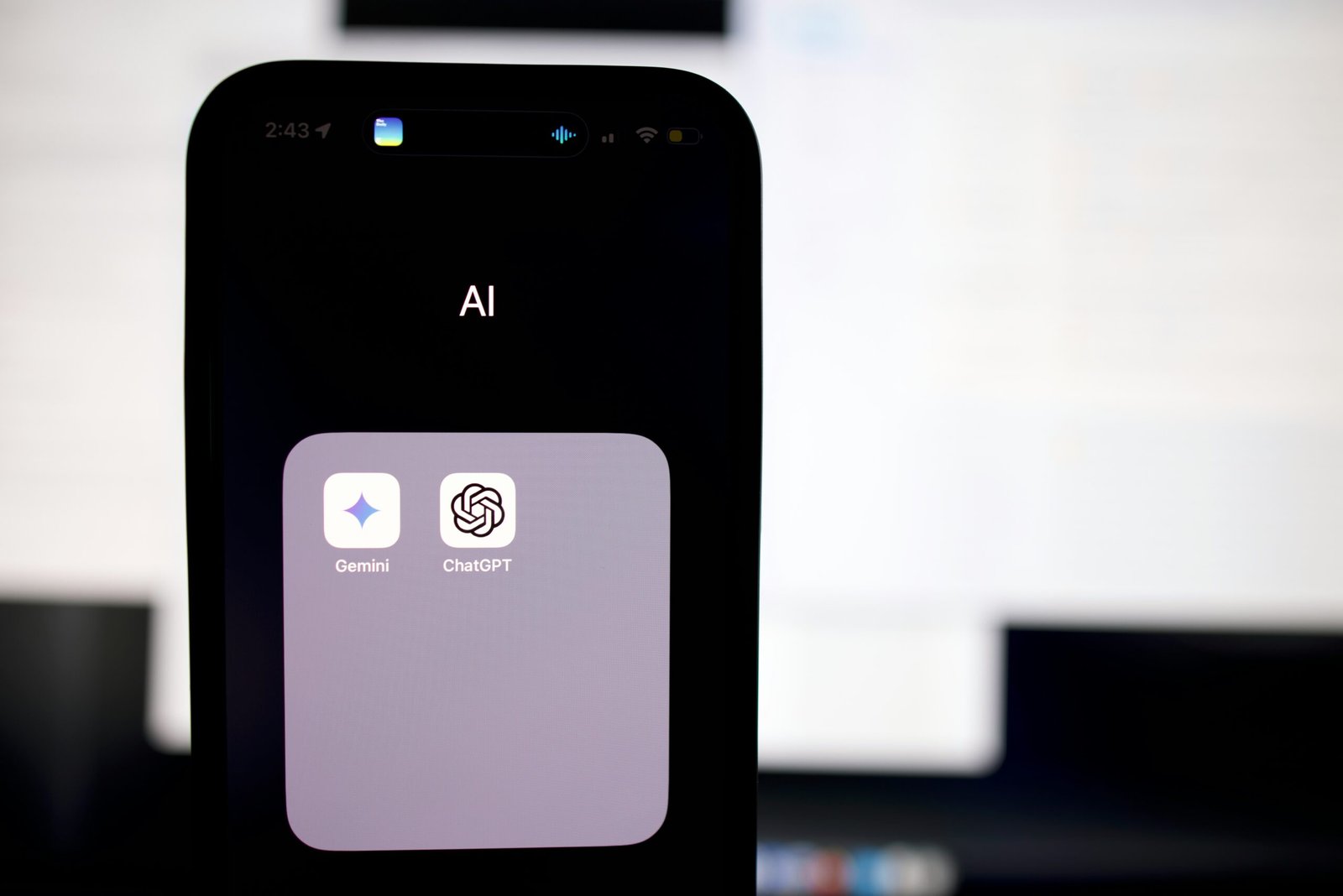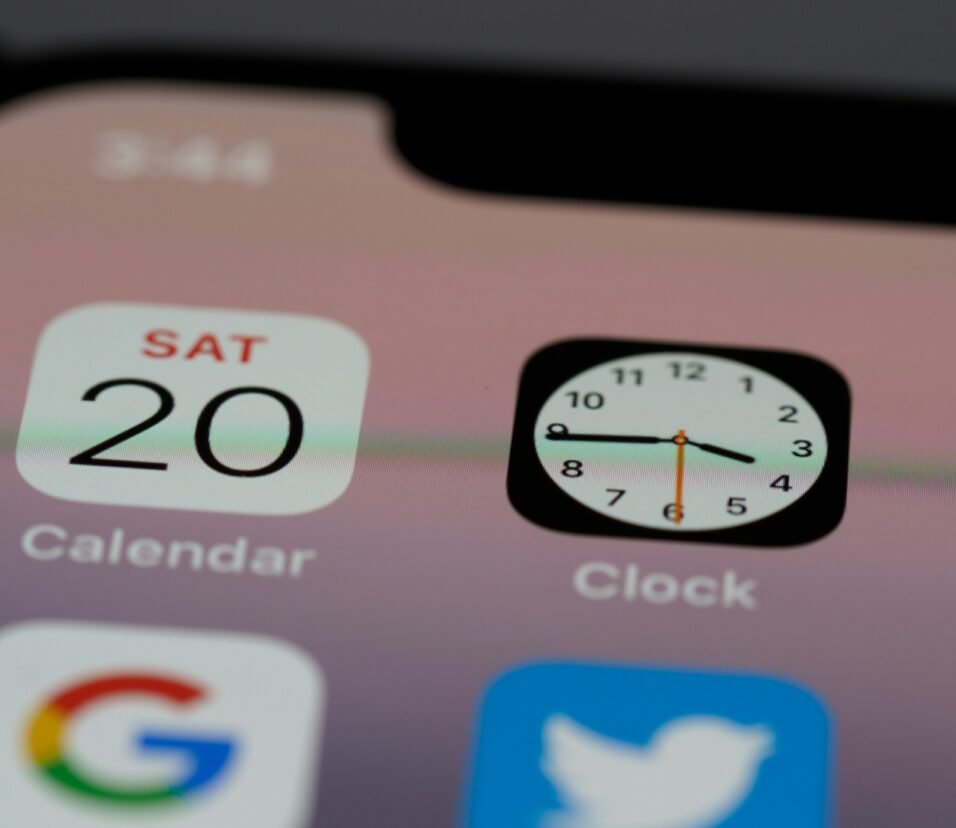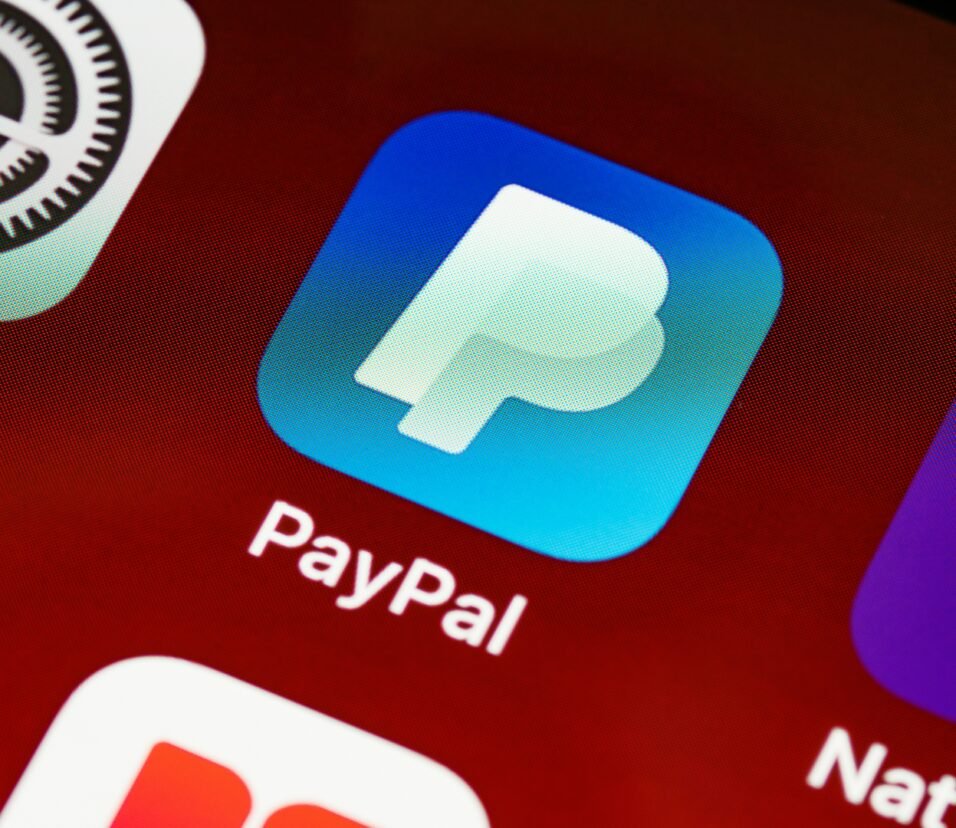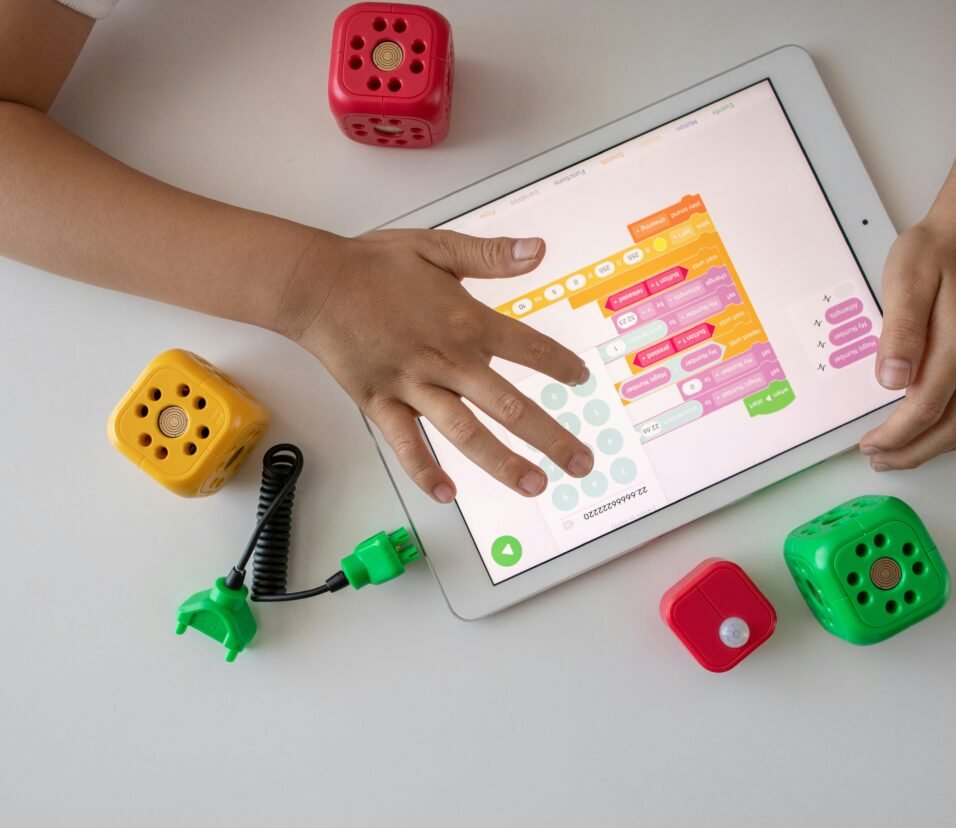How AI Is Transforming Mobile Apps in 2025
Artificial Intelligence (AI) has become the powerhouse behind the mobile apps revolution in 2025. From personal assistants to smart recommendations and automation, AI is not just a feature—it’s the core engine making apps smarter, more intuitive, and highly personalized. This transformation is reshaping how we interact with technology daily.
In this post, we’ll explore the major ways AI is revolutionizing mobile apps in 2025, with real-world examples and insights on what to expect next.
📱 1. Personalized User Experiences
AI enables apps to learn from your behavior, preferences, and habits to deliver highly tailored experiences.
- Content Recommendations: Streaming apps like Netflix, Spotify, and TikTok use AI algorithms to suggest movies, music, and videos you’re most likely to enjoy.
- Dynamic Interfaces: Apps adapt layouts, notifications, and functionalities based on how you use them, making navigation easier and more efficient.
- Smart Notifications: AI analyzes context to send timely and relevant alerts, avoiding notification fatigue.
🤖 2. AI-Powered Virtual Assistants & Chatbots
Virtual assistants have grown smarter and more conversational.
- Voice Assistants: Siri, Google Assistant, and Alexa are integrated into apps to perform tasks, answer questions, and automate routines.
- Chatbots: Customer service chatbots provide 24/7 instant support, handle transactions, and troubleshoot problems using natural language processing (NLP).
- Conversational AI: Advanced bots understand context and sentiment, creating human-like interactions that improve user satisfaction.
⚙️ 3. Automation of Routine Tasks
AI automates repetitive and mundane tasks, saving users time and reducing errors.
- Email & Scheduling: Apps like Gmail and calendar apps automatically sort emails, suggest replies, and schedule meetings by understanding natural language.
- Expense Tracking: Finance apps categorize transactions and predict spending patterns without manual input.
- Photo Management: AI organizes photos by recognizing faces, locations, and objects automatically.
🔒 4. Enhanced Security & Fraud Detection
Security apps leverage AI to protect users and their data more effectively.
- Biometric Authentication: AI improves facial recognition and fingerprint scanning to secure devices and apps.
- Anomaly Detection: Financial and e-commerce apps use AI to detect fraudulent transactions by identifying unusual patterns in real-time.
- Privacy Features: AI-powered tools help identify and block phishing attempts and malicious apps.
🏃♀️ 5. Health & Wellness Monitoring
AI-driven apps support physical and mental well-being with real-time monitoring and insights.
- Wearables Integration: Apps analyze data from smartwatches and fitness bands to provide personalized workout and health advice.
- Mental Health: AI-powered apps detect mood changes, suggest mindfulness exercises, and connect users to professional help if needed.
- Remote Diagnosis: Telehealth apps use AI to assess symptoms and provide preliminary diagnoses, improving healthcare access.
🎮 6. Smarter Gaming Experiences
Gaming apps benefit from AI through adaptive difficulty, NPC behavior, and personalized content.
- Procedural Content Generation: AI creates dynamic levels and storylines tailored to players’ styles.
- Realistic Opponents: AI-controlled NPCs learn from player behavior to offer challenging gameplay.
- Voice and Gesture Controls: Natural interactions powered by AI increase immersion.
🛠️ 7. AI in App Development & Testing
Developers use AI tools to speed up app creation and improve quality.
- Code Generation: AI-assisted coding platforms suggest and write code snippets, reducing development time.
- Automated Testing: AI-driven testing tools detect bugs and usability issues more efficiently.
- User Behavior Analysis: Analytics powered by AI help developers understand how users interact and optimize apps accordingly.
🌐 What’s Next for AI in Mobile Apps?
- Multimodal Interfaces: Combining voice, gesture, and facial recognition for seamless app interaction.
- Hyper-Personalization: AI will create experiences that feel uniquely tailored in real-time.
- AI Ethics & Privacy: Increased focus on transparent algorithms and safeguarding user data.
- Edge AI: Processing AI tasks directly on devices for faster and more secure performance.
🧠 Final Thoughts
AI has firmly established itself as the transformative force behind mobile apps in 2025. Its ability to personalize, automate, and secure is redefining user experiences across industries and everyday life. As AI continues to evolve, expect even smarter, more intuitive, and deeply integrated mobile apps that anticipate your needs before you even ask.








